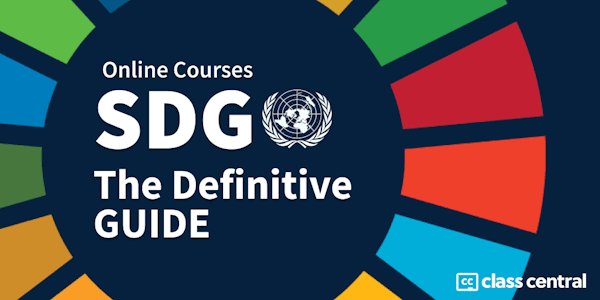Student diversity is becoming the rule rather than the exception in education systems across the world. Students bring to classroom different characteristics such as ability and disability, socio-economic background, race, ethnicity, and cultural background, beliefs and religion, and gender characteristics. The United Nations’ Sustainable Development Goal 4 aims to ensure inclusive and equitable quality education and promote lifelong learning opportunities for all (United Nations, 2015).
However, creating inclusive quality education for all remains a ubiquitous challenge faced by educators faced with increasing student diversity. And certain groups of students are more likely to experience barriers to access, participate and success in education.
During this course, you will:
Develop a critical understanding of the concepts and assumptions about diversity and difference, including notions of ability and disability, socio-economic background, race, ethnicity, and cultural background, beliefs and religion, and gender.
Develop awareness of historical and contemporary definitions of inclusive education, taking into account policy, theories and models.
Develop the ability to critically analyse contexts in order to identify barriers to developing inclusive and equitable quality education for all learners.
Develop knowledge about ways to develop inclusive and equitable quality education for all learners, taking into account their diverse characteristics and needs.
Overview
Syllabus
- Week 1: Introduction to the Course and Conceptualising diversity in education
- This week focuses on Conceptualising Diversity and Difference in education.
- Week 2: Responding to diversity in education
- This week focuses on Inclusion in Education and different ways of responding to student diversity.
- Week 3: Experiencing diversity in education: barriers and facilitators
- This week introduces different approaches to analyse educational contexts and educational responses: the medical, and social models, and the biopsychosocial approach. It also focuses on student voice and student experiences of inclusion and exclusion in education.
- Week 4: Developing inclusive, equitable quality education for All
- This week focuses on different responses to student diversity and their role in developing inclusive education: inclusive educators, individualised planning, differentiation, Inclusive Pedagogies, Universal Design for Learning. It also provides a short introduction to the challenges and resources to teaching different groups of students.
Taught by
Ines Alves




